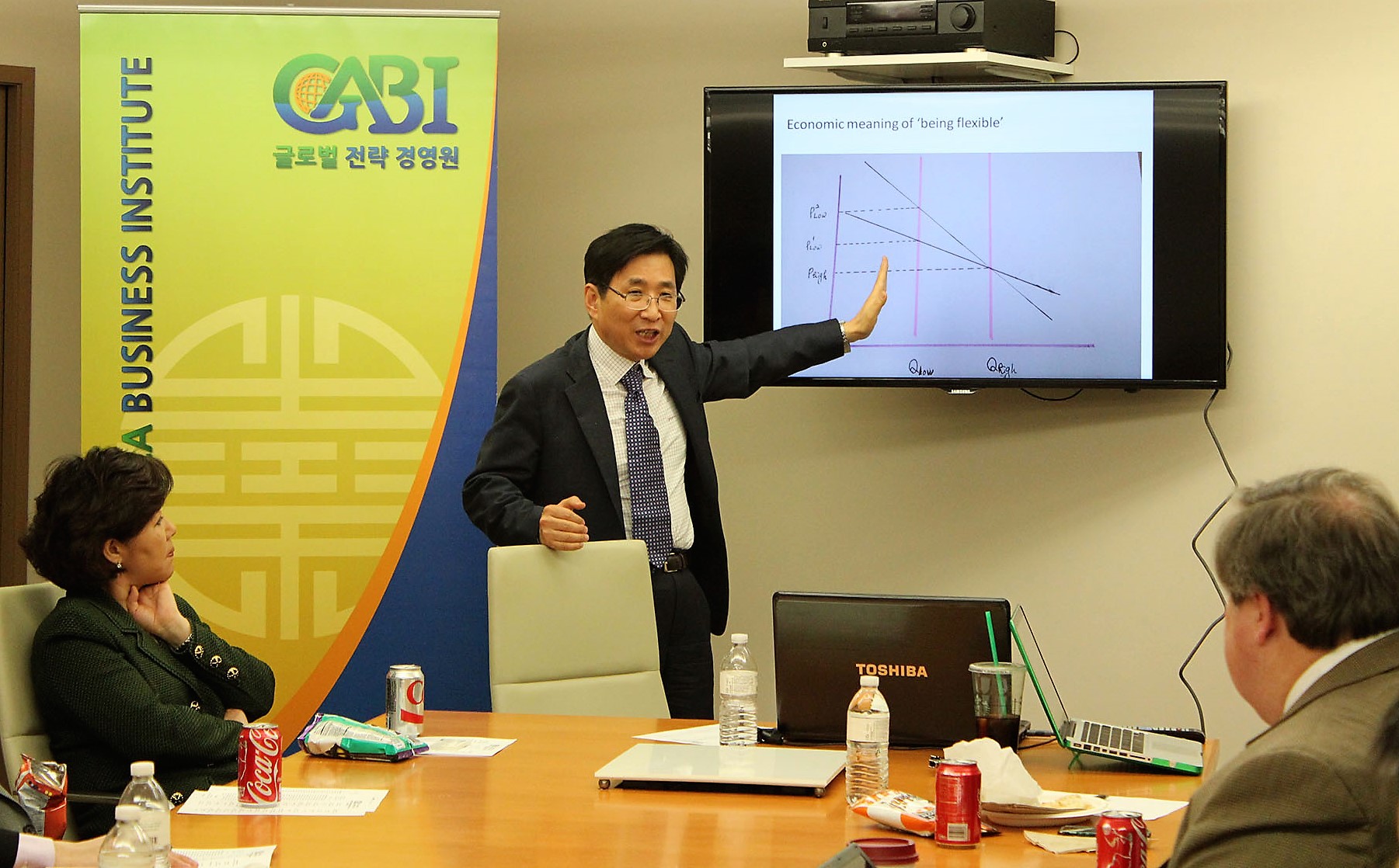The three major recent developments in the global energy market – the Fukushima accident, opacity in global climate change policies, and low oil prices stemming from the emergence of shale gas – have had significant effects on the Republic of Korea because of its reliance on nuclear energy, dependence on imports of fossil fuels, and stated objectives to reduce carbon emissions. In general, Korean electricity prices at peak times are five times higher than off-peak prices. For Korea, reforms in the domestic electricity sector and reducing vulnerability to the volatilities of the international energy market remain high priorities. Given geopolitical instabilities in energy exporting countries and regions, developments in nuclear and renewable energy will be important to address Korea’s energy insecurities. Clean energy may also become a major export opportunity for Korean industry – Korea continues to promote exports of nuclear power technology, Korean firms are poised to take a considerable portion of the global energy storage system (ESS) market, and Korea’s Chuja energy project on Jeju Island may provide an excellent model for island states throughout the world.







